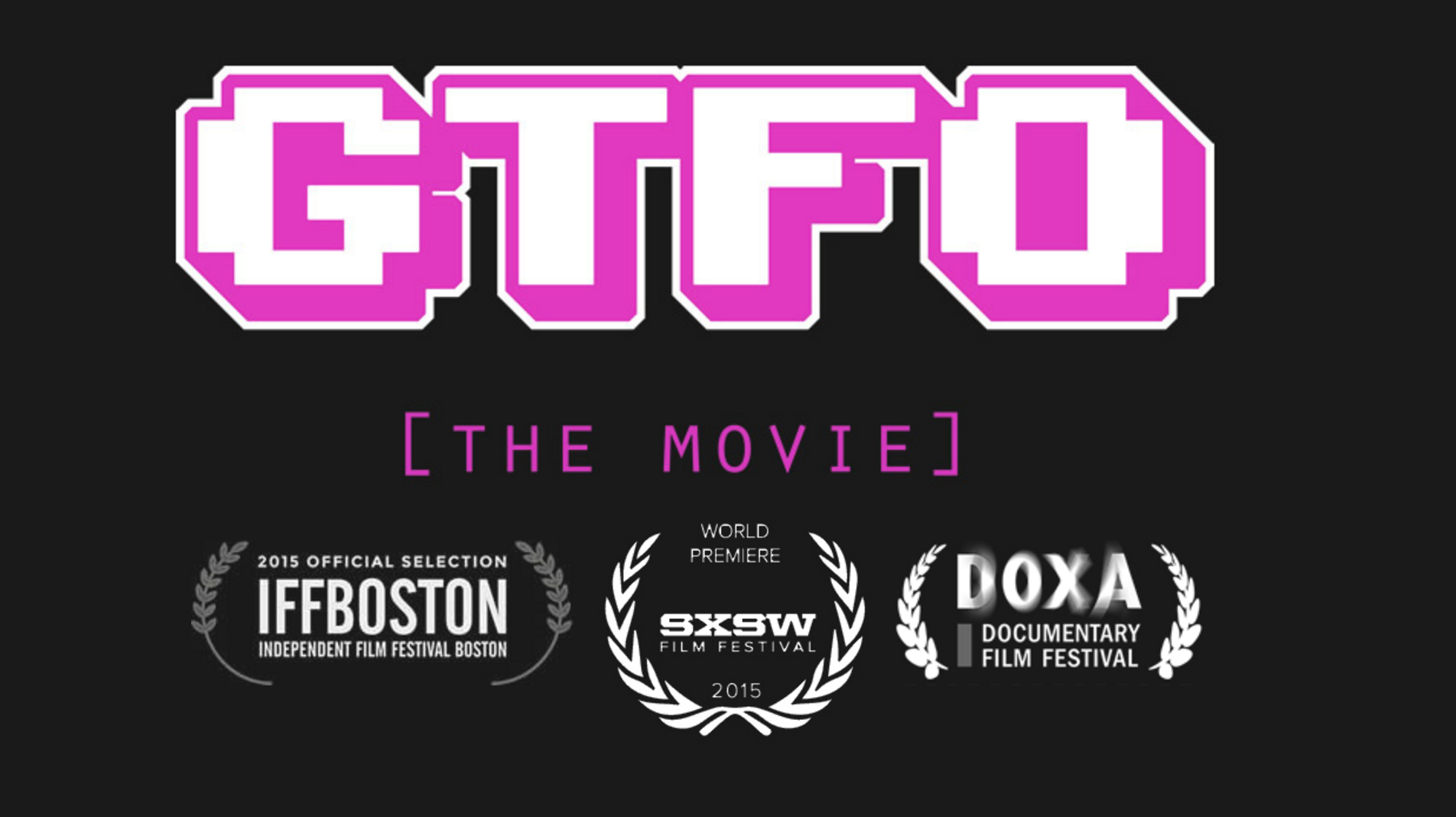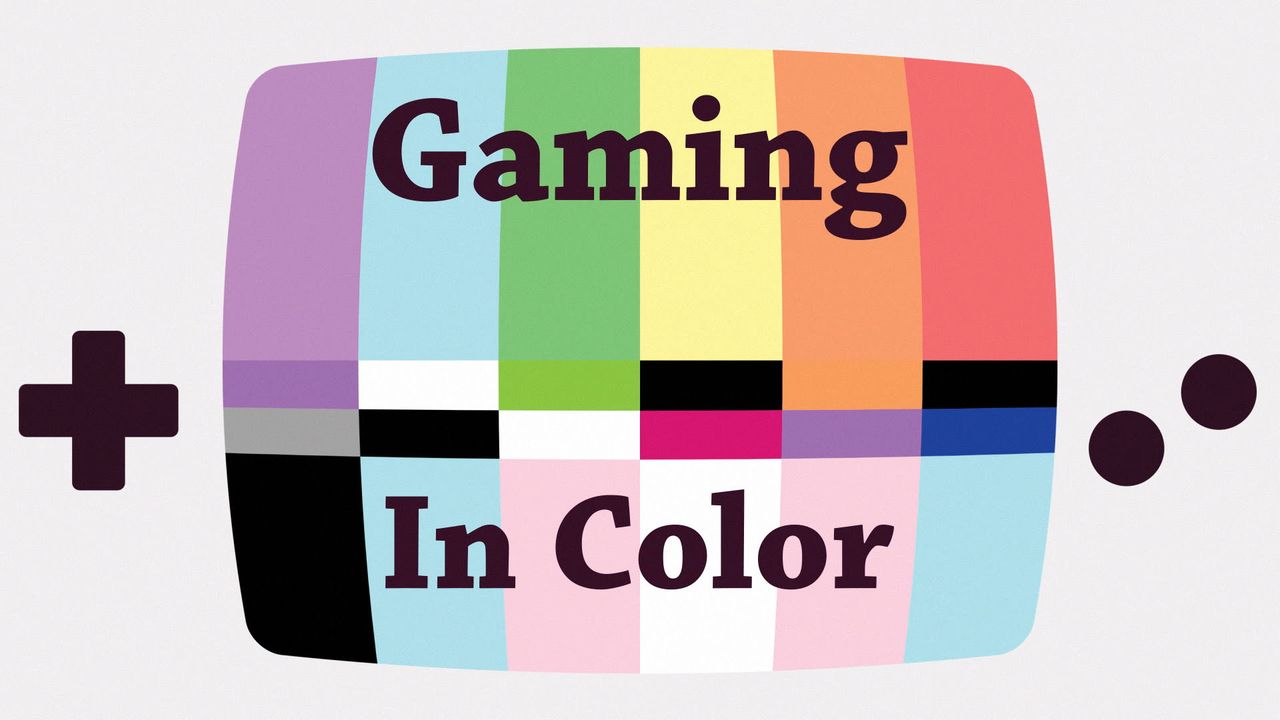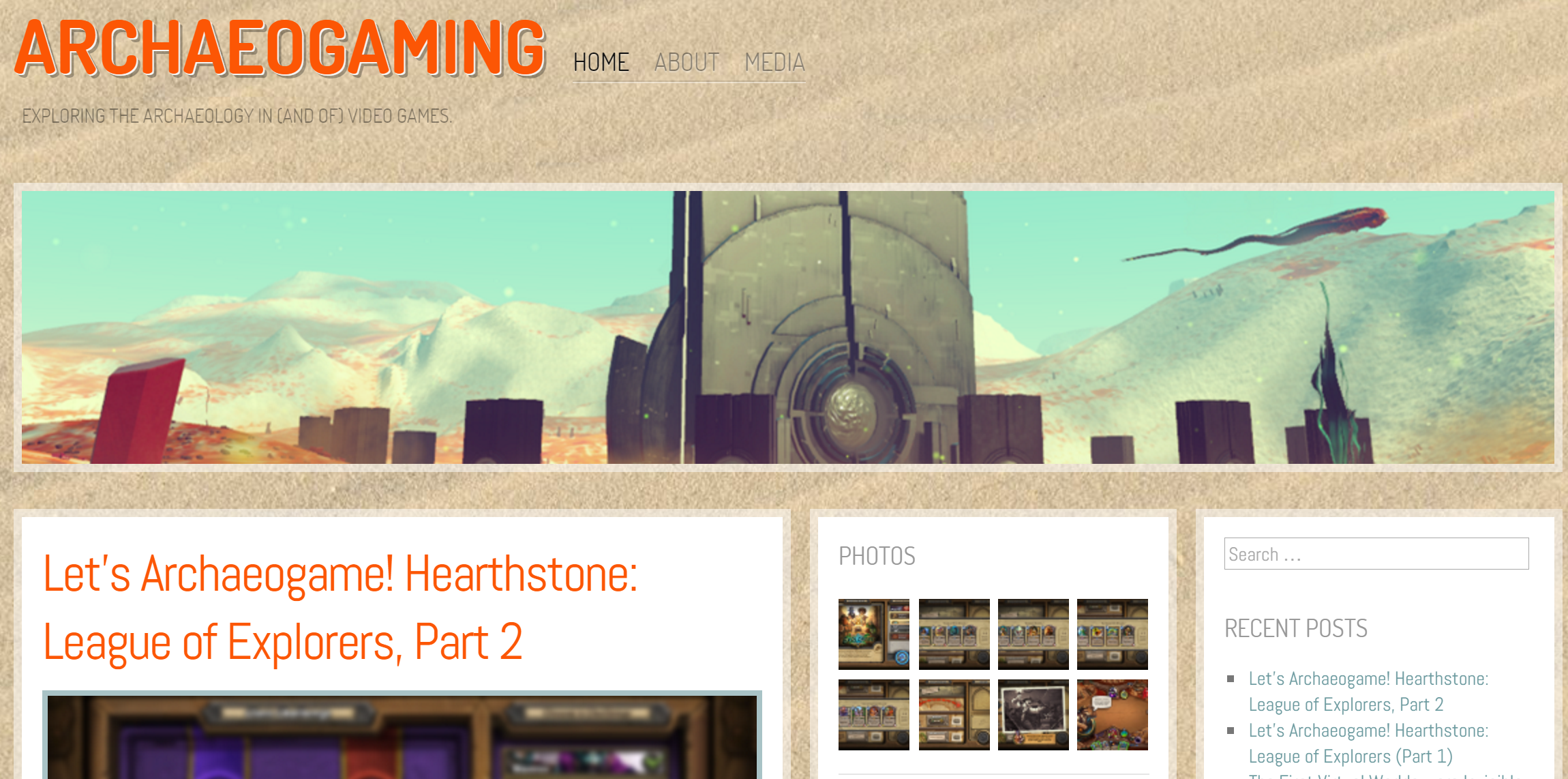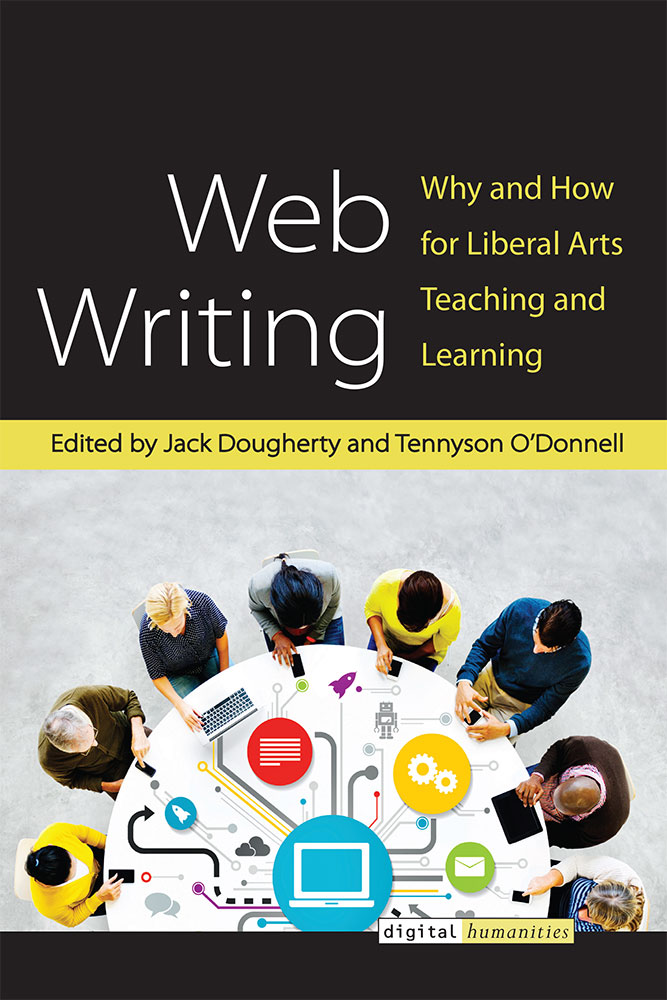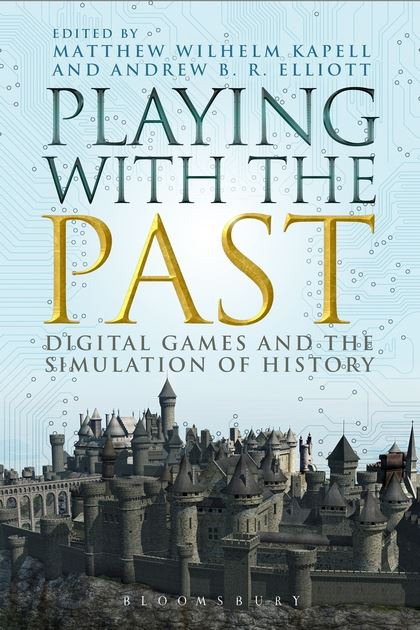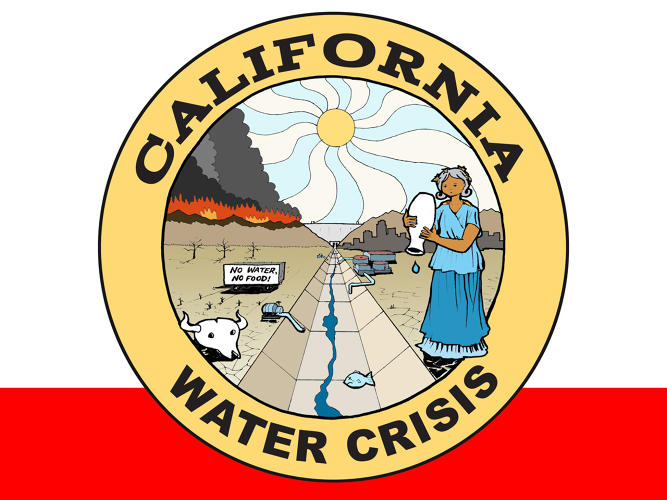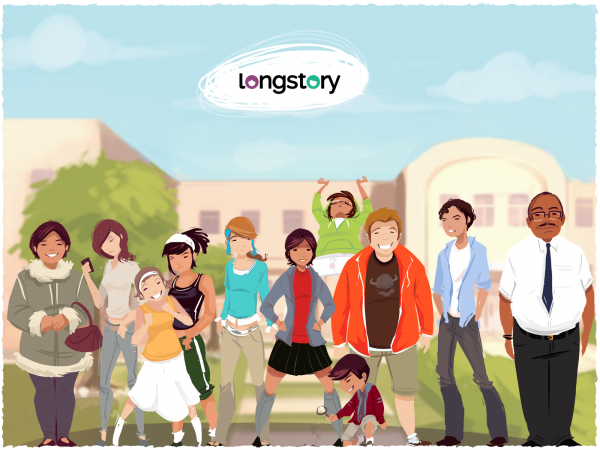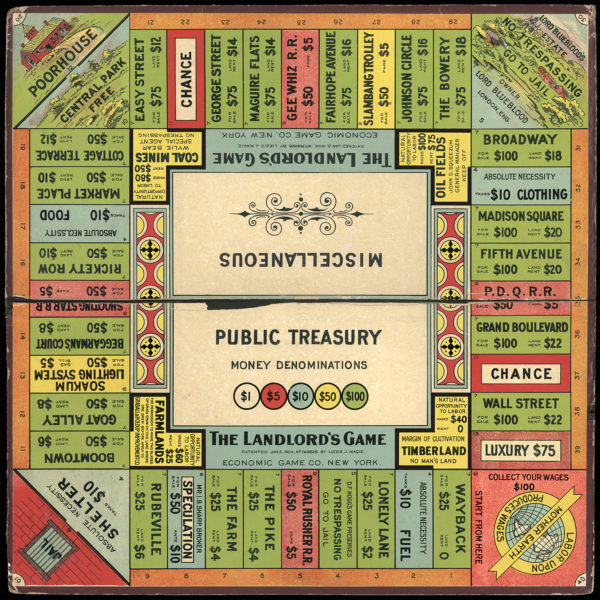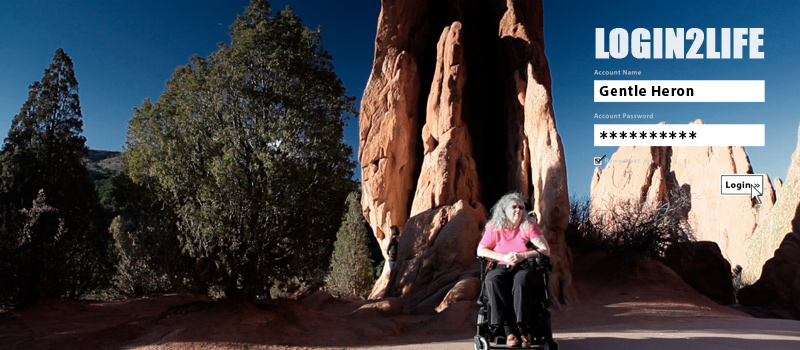
Login 2 Life
“Elaborate digital platforms like Second Life and World of Warcraft offer novel opportunities for friendship, sex, employment, and aesthetic experience in virtual communities populated by cartoon-like avatars. While these simulated worlds are often treated with contempt by the general media, LOGIN 2 LIFE takes a more sympathetic approach, profiling seven people deeply immersed in these worlds, and attempting to understand what each gets from their virtual life.” – Login 2 Life
